Samsung calls on computer scientists to refute Apple patent claims
In the ongoing Apple v. Samsung patent trial on Tuesday, Samsung continued its defense against by calling on a cavalcade of computer science experts who testified that Apple's patents were not novel, should not have been granted or did not apply to alleged infringing products.
Samsung's day in court was filled with highly technical testimony as counsel used the time to bolster a defense that Apple's five patents-in-suit are not colorably different from prior art, irrelevant and not worth the $2.19 billion in damages the company is seeking.
According to in-court reports from the San Jose Mercury News, Samsung called on MIT computer science professor Martin Rinard and founder of the Internet Archive Brewster Kahle to argue against Apple software like "slide-to-unlock" and universal search. The publication noted Rinard was compensated $800,000 for time spent analyzing the subject — not out of the ordinary for an expert witness in a high-profile tech case.
A separate report from CNET said Rinard offered testimony on Apple's '959 patent for universal search functions.
"What I'm saying is the patent office didn't have the information in front of it to make the right decision [when it granted Apple the patent]," Rinard said.
University of North Carolina, Chapel Hill, computer science professor Kevin Jeffay took on Apple's '647 property covering "data detectors." As described in court, the patent uses a server-based system to identify data points in digital documents. For example, phone numbers and dates are detected and parsed out in a "clickable" interface that sends the user to another app for further processing.
Jeffay said Samsung's implementation of a similar feature accomplishes much the same thing, but since the process runs completely in-app he found no infringement of Apple's patent.
Like past witnesses, the professor mentioned Google and its Android Jelly Bean operating system, which runs on a number of Samsung products accused of infringement. Samsung's counsel has taken to using Google and its OS as a shield, deflecting Apple's advances by saying accused features are part of Android.
Arguing against Apple's slide-to-unlock patent was Saul Greenberg, a professor of human computer interaction at the University of Calgary in Canada. According to CNET, Greenberg said swiping gestures are common in many device UIs. It is unclear if he detailed the origin or history of the gesture, which some believe to have been popularized by Apple's iPhone.
Samsung's final witness for the day was Daniel Wigdor, a computer science professor from the University of Toronto. Wigdor offered testimony on Apple's '172 patent covering predictive text entry by saying a number of other tech firms developed "autocorrect" features before the patent was filed.
Looking forward, presiding Judge Lucy Koh noted jury deliberations may start earlier than planned as both parties are ahead of schedule. Out of the 25 hours granted to each side, Apple has used 15 hours and 38 minutes, while Samsung used 17 hours and 39 minutes. If proceedings continue at this pace, the court is looking to counsel to wrap testimony on Apr. 25 and offer closing arguments on Apr. 28.
The Apple v. Samsung trial will pick up on Friday with Apple finishing its cross examination of Wigdor.
 AppleInsider Staff
AppleInsider Staff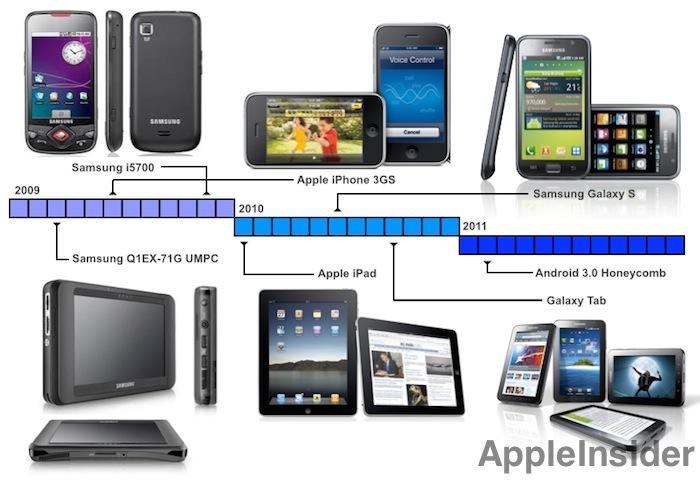
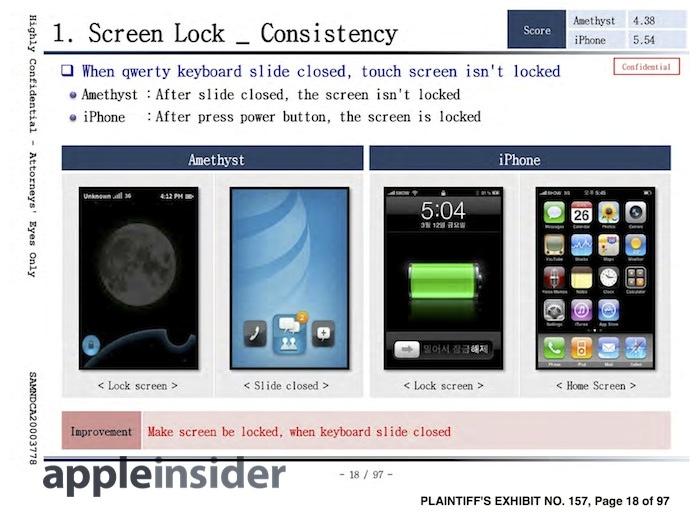
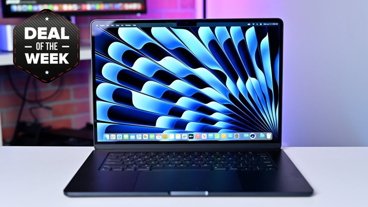





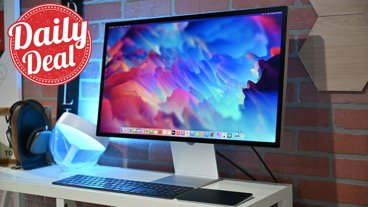






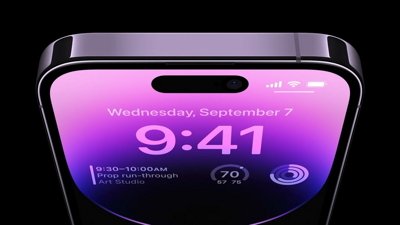
 Charles Martin
Charles Martin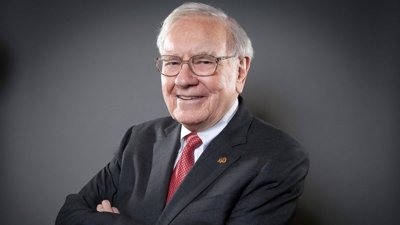
 William Gallagher
William Gallagher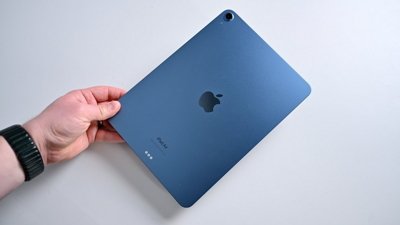
 Andrew Orr
Andrew Orr
 Malcolm Owen
Malcolm Owen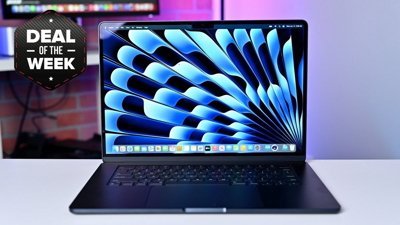
 Christine McKee
Christine McKee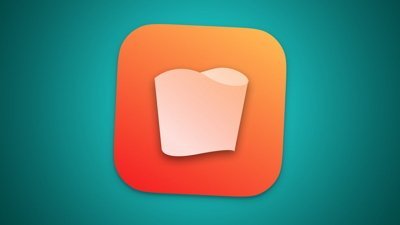
 Chip Loder
Chip Loder
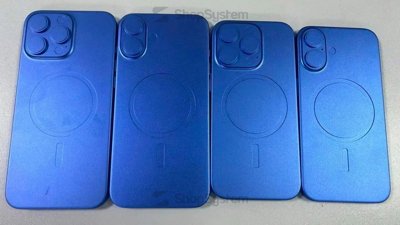
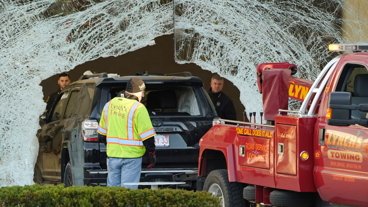
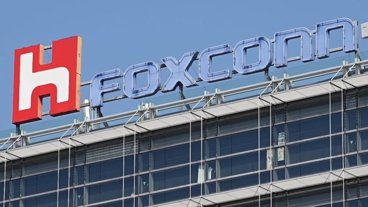







43 Comments
$800,000? And who the hell are others to question a granted patent? Shouldn't they take that up with the US patent office?
I wish the samsung's employees just shut up their mouth about their work. I am getting sick tried hearing about their stupid samsung galaxy phones on my birthday month. What dumb ass Samsung did schedule the court on my birthday of April month. I am very upset iPhone lover:(
For $800,000 I'd also do my best to come up with a way to bash an existing patent with similar spurious dribble that they've come up with.
No need to defend if they don't copy to begin with...these idiots got paid to lie, they didn't work for Samscum and did the coding nor copying...just an opinion...brush them off...next
"Samsung's final witness for the day was Daniel Wigdor, a computer science professor from the University of Toronto. Wigdor offered testimony on Apple's '172 patent covering predictive text entry by saying a number of other tech firms developed "autocorrect" features before the patent was filed." Predictive text ? "autocorrect" and this witness knows it. Yet he said something technically true, yet unrelated, in an effort to persuade the, likely, not as technically savvy jury.